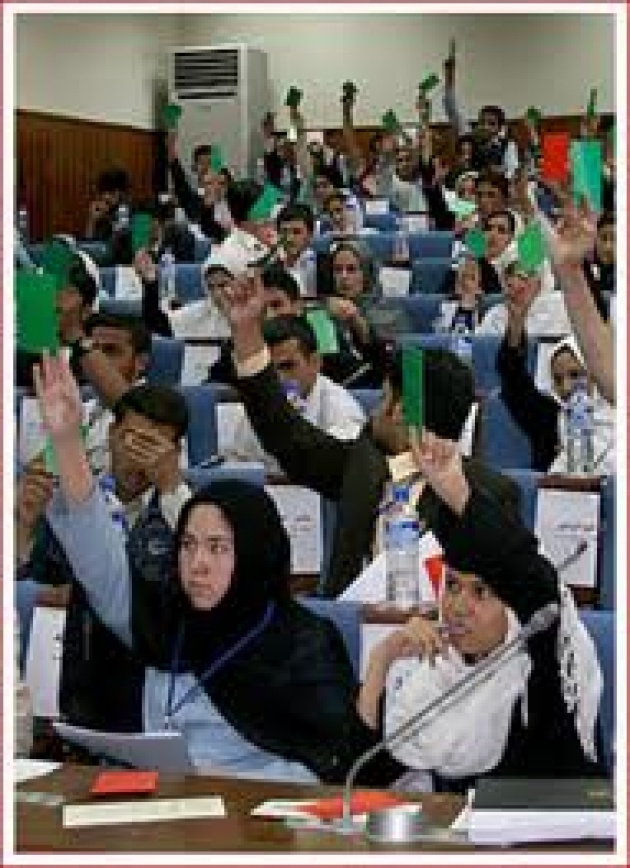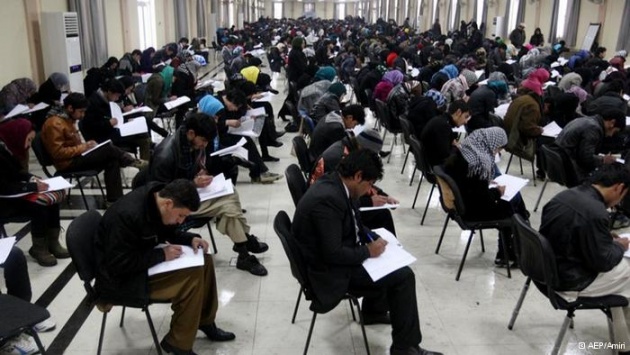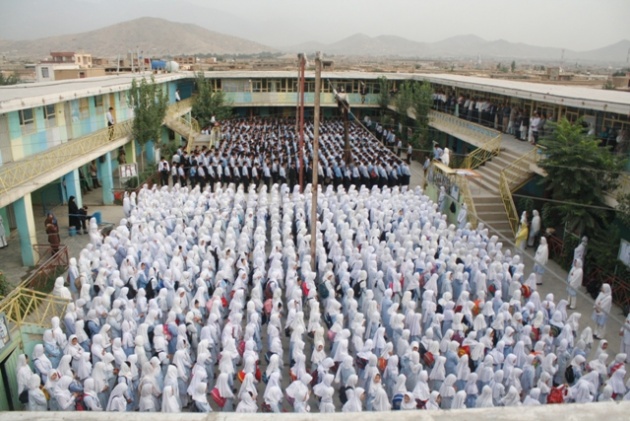افغانستان جدید شاهد تغییرات بزرگی بوده است. یکی از وجوه این تغییر نسل جدیدی است که چشمان خود بر روی واقعیتهای زندگی را با سقوط حاکمیت طالبان در سال 2001 باز کرده و یکی از خصوصیتهای بارز آن توجه به آیندهای است که حد اقل چند دهه از زندگیاش را در بر خواهد گرفت. این نسل به گذشته و جهاد و کمونیسم و خاطرههای دوران جنگ تعلق خاصی ندارد. روزنههای دنیا بر رویش باز است و خود را اهل شنا در دریای بزرگ جهانی میبیند نه اینکه به برکههای کوچک کنار قریهاش راضی باشد.

یکی از آمارهای بینالمللی نشان میدهد که بیش از 65 درصد نفوس افغانستان را جوانانی تشکیل میدهد که سن شان میان 15 تا 35 سال است. جمعیت کثیری از این نسل به مکتب و دانشگاه رفته و به سواد و تحصیل دسترسی یافته است. این نسل مجهز با موبایل و انترنیت است و ارتباطش با جهان به طور مستقل و فردی تأمین میشود و برای درک و تفسیر واقعیتهای جهان نیز منتظر رهنمایی نسل گذشته باقی نمیماند.
نسل جدید افغانستان، نسلی جستجوگر است و از اوامر کلیشهای قشر سنتی پیروی نمیکند. کسی به سادگی قطب و مراد این نسل واقع نمیشود، و کسی نمیتواند از این نسل انتظار داشته باشد که حیات و آرزوهای خود را با شعارهای اغواکنندهی رهبران سیاسی زیر پا بگذارد.
آیا قشر سیاسی موجود جامعه این تغییر را درک کرده و آیا حاضر است آن را به عنوان یک واقعیت درشت در مقابل چشمان خود گردن بگذارد؟
انتخابات ریاست جمهوری سال آینده محک هوشیاری و درک واقعبینانهی قشر سیاسی کشور در قبال خواستهها و نیازهای نسل جدید کشور است. کاندیدان ریاست جمهوری برای جلب آرای نسل جدید کشور باید با پیام و رویکردهای سیاسی شفاف رقابت کنند.
New Afghanistan has gone through a major change. One emblem of this change is the New Generation that has opened its eyes to the realities of life after the demise of the Taliban rule in 2001. An embossed feature of this generation is looking to the future which will go for at least many decades. This generation has no attachment to so-called Jihad (holy war), Communism or the memoirs of the wartimes. The windows of the world are open in front of their eyes and they regard themselves the divers in the big ocean of the world rather than swimming in the small streams next to their village.
An international survey shows that more than 65% of the Afghan population is comprised of the youth aging between 15 to 35. A big number of this group have attended schools and universities; have gotten access to education; and well-equipped with mobile and internet to get their impression of the world independently and individually. They don’t wait for the guidance of the traditional elites to help them with the interpretation of the world and its realities.
Afghan New Generation is curious and doesn’t follow the stereotypical orders of the traditional elites. No one can easily stand at the position of their Jurisprudent or Sheikh. No one can expect them to sell their life and aspirations for the sake of false slogans of the political leaders.
The question is if the traditional political elites of the country have realized this very change and are ready to accept it as an embossed figure in front of their eyes.
Next year’s presidential elections is the critical juncture to challenge the wisdom and realistic approaches of the political elites towards the demands and expectations of the New Generation. Those who run for the president are required to compete for the votes of the New Generation through their feasible political message and government platform.




